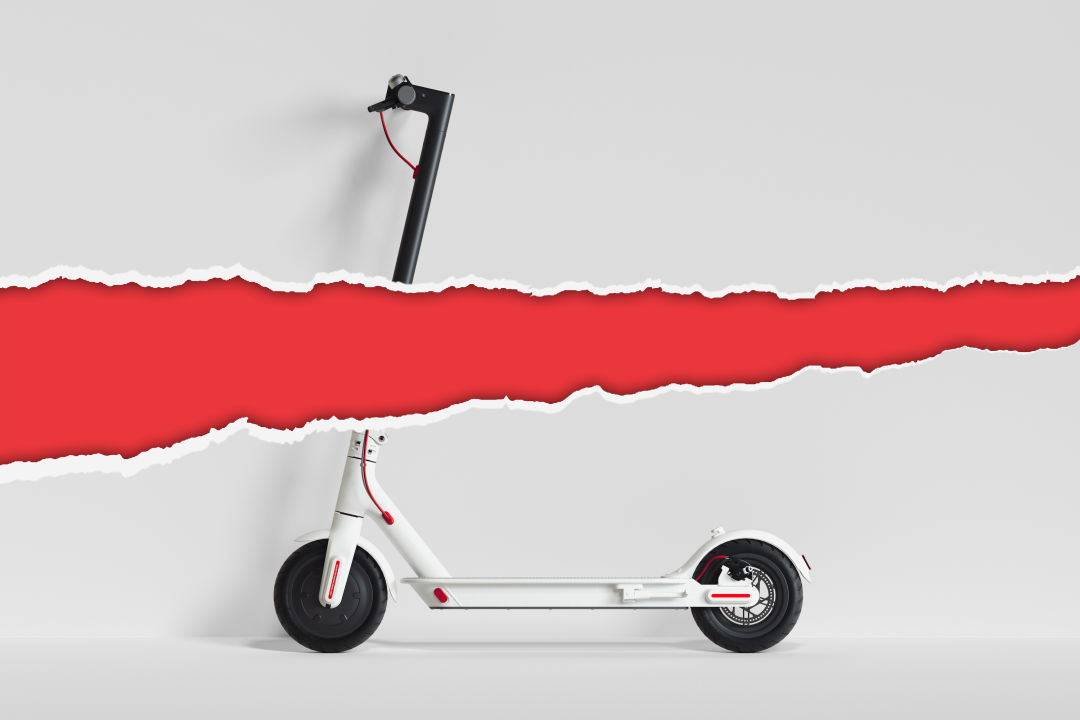For Xmas, the City of Portland Is Gifting Us with More Time for E-Scooters. Yay?
Love ’em or hate ’em, e-scooters are sticking around on Portland’s streets (and sidewalks), through 2020.
The Portland Bureau of Transportation announced Friday that the 2,800-plus e-scooters currently on Portland’s streets are getting an extension. Previously scheduled to vanish by the end of April, the mechanized scooters, unlocked via your smartphone, will now be available through New Year’s Eve of next year, at least.
The goal, transportation officials say, is to figure out whether these second-generation scooters are working well in Portland, in what has been a more tightly controlled rollout after the scooter free-for-all of summer 2018 resulted in a city-mandated time-out, all scooters removed from the streets as quickly as they came.
They are certainly popular: According to data from PBOT, between late April and the end of November in 2019, riders took 954,156 e-scooter trips, covering 1,014,671 miles. (While the city doesn’t offer any demographic breakdowns, research suggests riders were more likely to be young, male, and comfortable with speed, though the city has taken pains to require some disability-friendly rides to be added to the fleet, and to place more scooters in underserved areas of eastern Multnomah County.)

Proponents of the pilot programs argue the scooters keep carbon-emitting cars off the road, and data bears that out: in 2018, about a third of locals and half of all tourists who used them told the city they would otherwise have taken a private car, taxi, Lyft, or Uber.
Six companies currently have contracts to provide e-scooters in Portland: Bird, Bolt, Lime, Razor, Shared, and Spin, though Bolt’s fleet is on suspension until the Miami-based company complies with permitting issues, according to PBOT spokesperson Dylan Rivera.
Meanwhile, transportation officials claim they are keeping a hawk eye on scooter violations, issuing more than 700 penalties for transgressions including riding on the sidewalk and parking violations between late April and late November of this year.
Next up in 2020? The city will continue the methodical approach to the scooter microeconomy for which it has won plaudits from The New York Times, and, Rivera says, will use data to decide whether to allow more scooters on the road.




